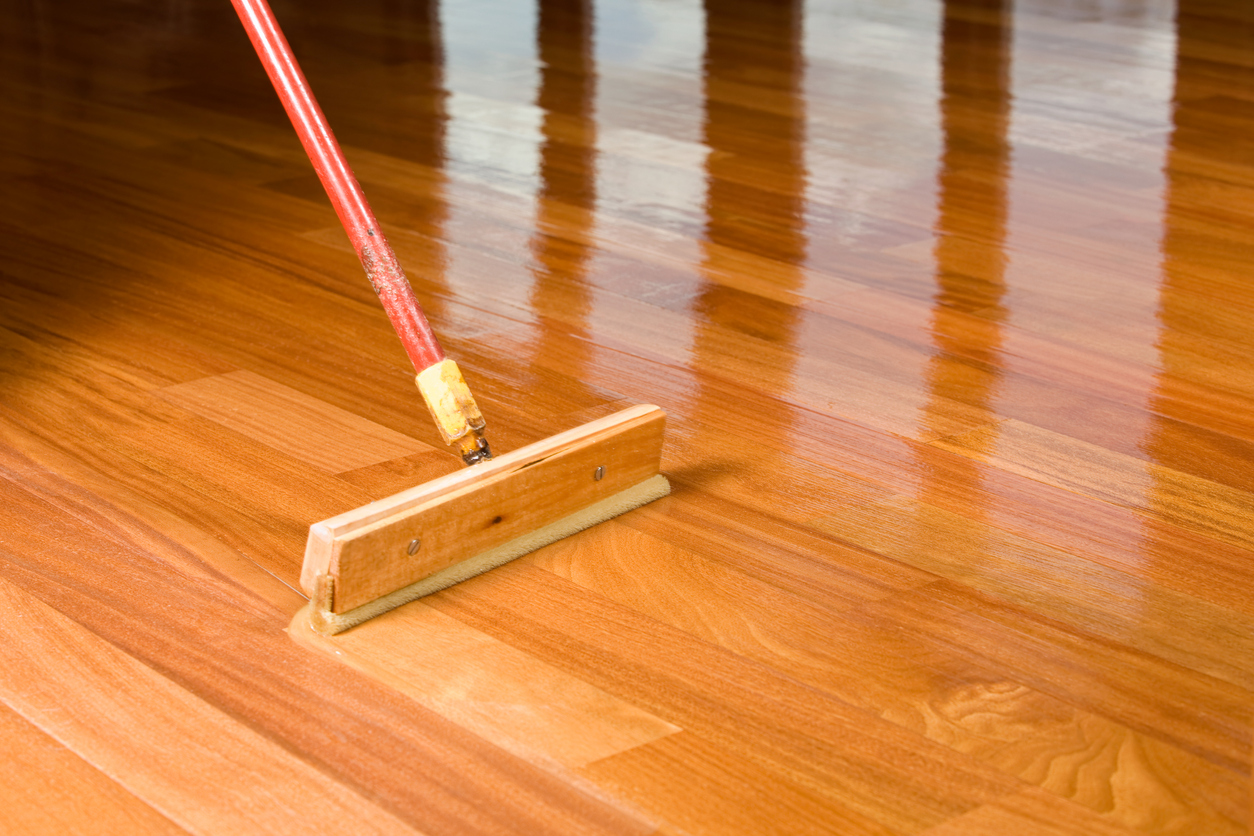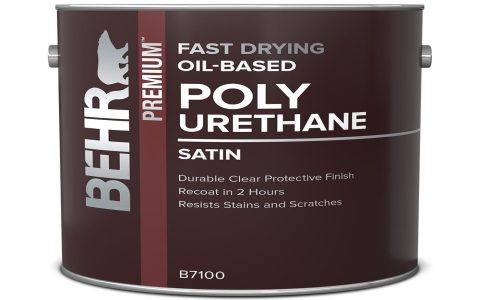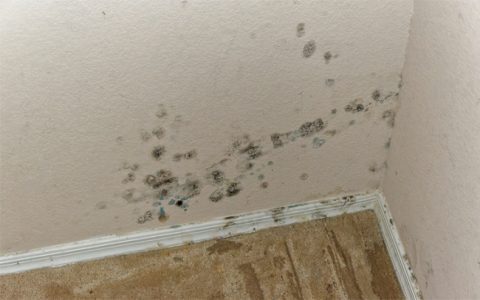Understanding polyurethane curing times is essential for achieving a durable and professional finish on your projects. While often used interchangeably, "drying" and "curing" are distinct processes.
Drying Time
Polyurethane typically dries to the touch within a few hours. For most oil-based polyurethanes, this can range from 6 to 10 hours. Water-based polyurethanes generally dry faster, often becoming touch-dry in 1 to 2 hours.
During this phase, the solvents in the polyurethane evaporate, leaving the surface feeling dry. However, the finish is not yet fully hardened or resistant to damage.

Curing Time
Full curing is when the polyurethane undergoes a chemical change, hardening completely and reaching its maximum durability, scratch resistance, and water resistance. This process takes significantly longer than drying.
- Oil-based polyurethane: Typically requires 24 to 72 hours for a substantial cure, allowing for light use. However, a full cure, where it reaches maximum hardness, can take up to 30 days.
- Water-based polyurethane: Generally cures faster than oil-based. It might be ready for light use in 24 hours, but a full cure usually takes 7 to 21 days.
Factors Affecting Curing Time
Several factors can influence how long polyurethane takes to cure:
- Temperature: Warmer temperatures (ideally between 70-80°F or 21-27°C) accelerate curing. Colder temperatures significantly slow it down.
- Humidity: High humidity can prolong curing time, especially for oil-based polyurethanes. Low to moderate humidity is preferred.
- Ventilation: Good air circulation helps solvents evaporate and aids the curing process.
- Thickness of Application: Thicker coats take longer to cure. Multiple thin coats are generally better than one thick coat.
- Type of Polyurethane: As mentioned, oil-based and water-based formulations have different curing profiles. Specific product instructions should always be consulted.
Crucially, while a surface may feel dry and even be ready for recoating or light use relatively quickly, it's important to allow polyurethane to cure fully before subjecting it to heavy use, cleaning with harsh chemicals, or placing heavy objects on it. Rushing this process can compromise the integrity and longevity of the finish.










